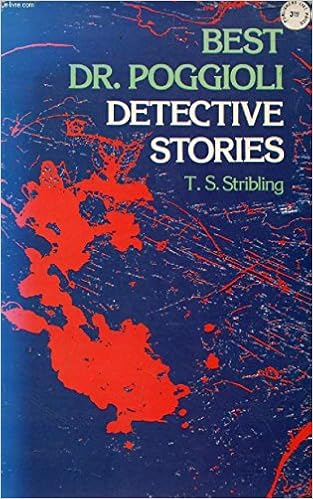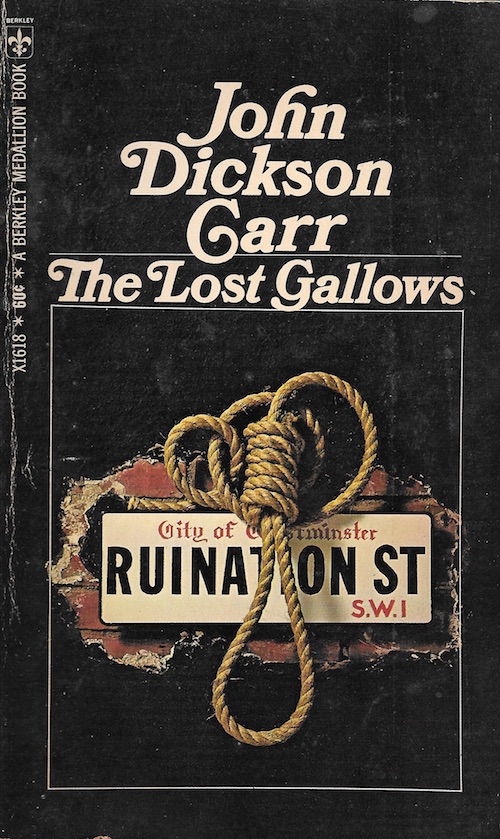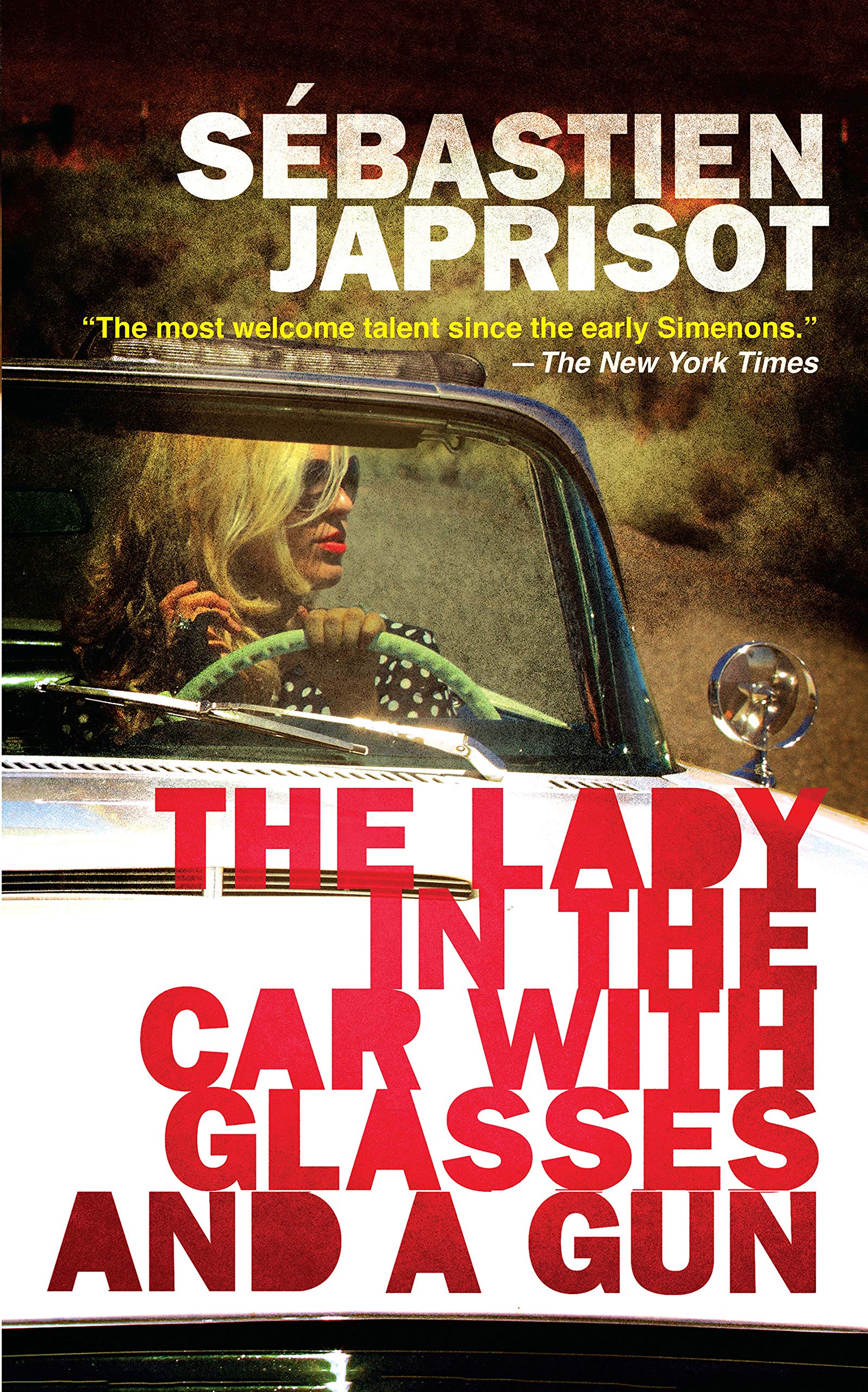The name William Goldman might or might not be familiar to you. It's probably familiar to me only because I watch, and have always watched, a lot of movies. All of us are familiar with Goldman's movies.
I intended to write this column more than a year ago, shortly after I heard about his death, but I just never got around to it. There is general agreement that screenwriter William Goldman was a man of incredible literary talent, and I've long been a fan of not only his screenplays but his novels and memoirs. (I think Adventures in the Screen Trade should be "must" reading for all writers of fiction.)
Very quickly: William Goldman was born in Chicago in August 1931 and died in New York in November 2018, and over the course of his long career he won two screenwriting Oscars (for Butch Cassidy and the Sundance Kid and All the President's Men), won two Edgars (for Harper and Magic), and received the Laurel Award for Screenwriting Achievement from the Writer's Guild of America.
I won't go into a lot of detail about his life; if you want that, there's plenty of information available. What I'd like to do here is give you a list of some of his accomplishments. He was the author of the following screenplays, novels, and books.
Note: I have not included any of his plays, TV scripts, unproduced movie scripts, or short stories. And--not that it matters--the asterisks indicate my favorites in each category.
Movies:
Masquerade (1965)
Harper (1966)
 *Butch Cassidy and the Sundance Kid (1969)
*Butch Cassidy and the Sundance Kid (1969)The Hot Rock (1972)
The Stepford Wives (1975)
The Great Waldo Pepper (1975)
*Marathon Man (1976)
*All the President's Men (1976)
A Bridge Too Far (1977)
*Magic (1978)
Heat (1986)
*The Princess Bride (1987)
Twins (1988)
*Misery (1990)
A Few Good Men (1992)
Memoirs of an Invisible Man (1992)
Year of the Comet (1992)
Chaplin (1992)
Indecent Proposal (1993)
Last Action Hero (1993)
Malice (1993)
Maverick (1994)
Delores Claiborne (1995)
 The Chamber (1996)
The Chamber (1996)*The Ghost and the Darkness (1996)
Fierce Creatures (1997)
Good Will Hunting (1997)
Absolute Power (1997)
The General's Daughter (1999)
*Hearts in Atlantis (2001)
Dreamcatcher (2003)
Wild Card (2015)
Novels:
The Temple of God (1957)
Your Turn to Curtsy, My Turn to Bow (1958)
Soldier in the Rain (1960)
Boys and Girls Together (1964)
No Way to Treat a Lady (1964)
The Think of It Is . . . (1967)
 Father's Day (1971)
Father's Day (1971)*The Princess Bride (1973)
*Marathon Man (1974)
*Magic (1976)
Tinsel (1979)
*Control (1982)
The Silent Gondoliers (1983)
*The Color of Light (1984)
Heat (1985)
Brothers (1986)
Nonfiction:
The Season: A Candid Look at Broadway (1969)
The Story of A Bridge Too Far (1977)
*Adventures in the Screen Trade (1983)
Wait Till Next Year (1988)
*Hype and Glory (1990)
Four Screenplays (1995)
Five Screenplays (1997)
*Which Lie Did I Tell?: More Adventures in the Screen Trade (2000)
The Big Picture (2001)
William Goldman was, along with screenwriters like Kubrick, Sorkin, Wilder, and a few others, one of the very best in the business, and the three movies he adapted from his own novels--Magic, Marathon Man, and The Princess Bride--are, in my opinion, among his finest. There are things about all three (ventriloquists' dummies, dentists' chairs, giants who like rhymes, etc.) that'll probably stay in my head forever. And his nonfiction was especially interesting to me because of the way he wrote. He presented facts as if he were sitting in the chair next to you, chatting instead of lecturing. Those of you who've read him know what I mean.
Goldman once said, of himself: "I don't like my writing. I wrote a movie called Butch Cassidy and the Sundance Kid and I wrote a novel called The Princess Bride and those are the only two things I've ever written, not that I'm proud of, but that I can look at without humiliation."
Author Sean Egan once said, of Goldman: "He was one of the late twentieth century's most popular storytellers."
I know which I'd rather believe.
All of us, writers and moviegoers alike, can learn from his work.






























